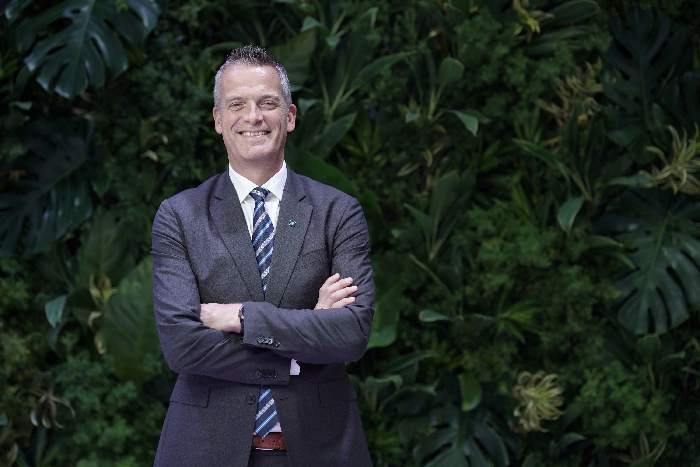A new Ericsson (NASDAQ: ERIC) ConsumerLab report titled “Elevating 5G with differentiated connectivity” has revealed some unique insights and consumer trends related to 5G in Saudi Arabia. The report identifies revenue generation opportunities for communication service providers (CSPs) in the 5G space.
The report identifies four key trends shaping Saudi Arabia’s 5G landscape:
- Four in 10 5G users in the Kingdom are no longer willing to accept best-effort 5G performance. The survey notes that satisfaction with 5G decreased as users face issues in high-traffic locations. Therefore, ensuring good 5G coverage in addition to sufficient capacity is essential for differentiated connectivity.
- The appetite for differentiated connectivity is growing. Almost half (48 percent) of 5G users in Saudi Arabia are interested in paying more for differentiated connectivity that guarantees better performance for essential tasks, and 38 percent are likely to be among its first adopters. Meanwhile, one-quarter of users, known as ‘assurance seekers’, actively seek elevated connectivity for essential applications and are happy to pay for it. To make the most of this trend, service providers must develop actionable segmentation strategies that identify key consumer groups.
- Generative AI (GenAI)is redefining the way people use 5G. The report shows that 27 percent of 5G users are willing to pay 30 percent more for performance assurance on latency and uplink-sensitive apps, such as those featuring GenAI, augmented reality (AR) and video calling, compared to established app categories. As the usage of these apps grows, CSPs must prepare for shifts in network traffic with rising demands on uplink and downlink capacity as well as low latency.
- Service providers could see an increase in consumer average revenue per unit (ARPU). Transitioning to differentiated connectivity has the potential to increase 5G consumer ARPU by 7 to 15 percent. CSPs also have the opportunity to unlock new revenue pools by exposing quality-on-demand (QoD) network application programming interfaces (APIs) to application service providers. However, capturing the full potential of differentiated connectivity will require CSPs to explore alternative payment models, as preferred by 23% of 5G users.
Håkan Cervell, Vice President and Head of Ericsson Saudi Arabia, says: “The latest Ericsson ConsumerLab report indicates that as AI-powered applications become more prevalent in Saudi Arabia, users’ expectations for enhanced connectivity are rising, and so is their willingness to pay for performance assurance. At Ericsson, we look forward to working with Saudi CSPs to address this demand through co-creating tailored connectivity experiences.”
The Ericsson ConsumerLab report is based on an online survey of more than 1,100 respondents across Saudi Arabia, including 800 active 5G users, conducted during June and July 2024. The research scope is reflective of the opinions of over 21 million smartphone owners in the Kingdom, including more than 13 million 5G users. The report is part of the comprehensive Ericsson Research series, which has monitored the evolution of the global 5G consumer market since 2019.


COMMENTS